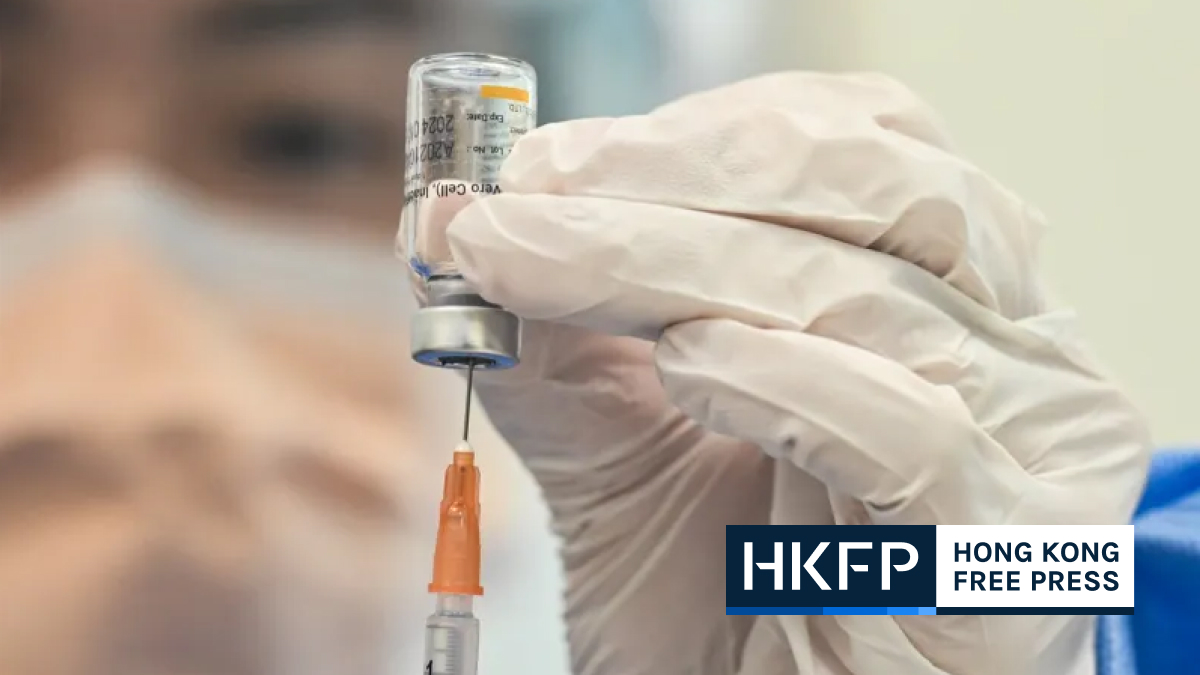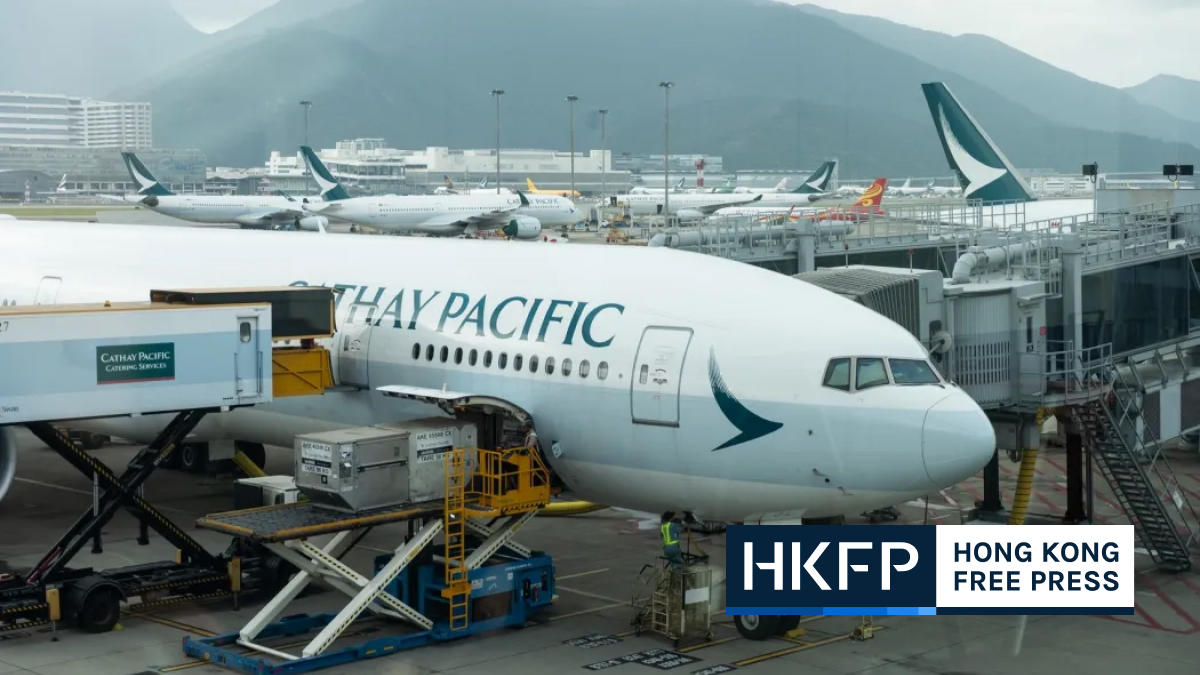Parents in Hong Kong can arrange Covid-19 vaccinations for their children aged three and under as early as September, as soon as health authorities grant approval.

Lau Yu-lung, who heads the Scientific Committee on Vaccine Preventable Diseases, said on RTHK on Monday that health experts will meet next month to discuss vaccinating children younger than three years old. He said it would take some time to go through all the procedures before the vaccine can be approved for the age group.
“[Vaccine makers] Pfizer and Sinovac need to provide the government with data as soon as possible, which will be reviewed by a committee. The committee will then approve it for emergency use,” Lau said.
Children aged three and under should be able to get their first Covid-19 shot as early as September, and their second in October, he added.
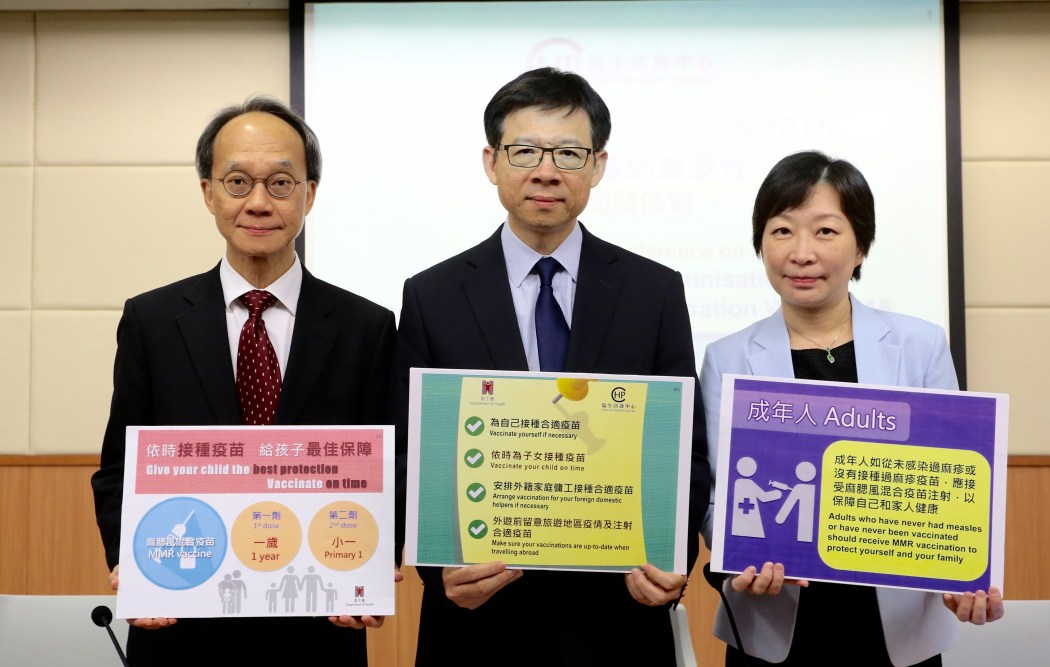
He said children between six months old and three years old should eventually receive three doses of the vaccine in total, adding that the timing of the third dose can be decided later depending on the epidemic’s developments.
Currently, children aged three and up can receive the Sinovac jab, while the minimum age for a BioNTech shot is five.
‘Hybrid immunity’
Meanwhile, four public health experts called for the gradual easing of the current social distancing measures – except for the mask mandate – to allow Hong Kong to return to normalcy with a high level of immunity in the community.

Government advisers Yuen Kwok-yung and Ivan Hung, together with scholars Christopher Lung and Siddharth Sridhar from the University of Hong Kong (HKU), said Hong Kong needs to achieve “hybrid immunity,” referring to immunity acquired from vaccination and prior infection.
“We should continue to relax gradually our social-distancing measures so that the background immunity of our population against severe Covid is constantly boosted by natural infection with Omicron sub-variants… while we await an Omicron-specific booster,” the experts wrote in an article for HKU’s Asia Global Institute.
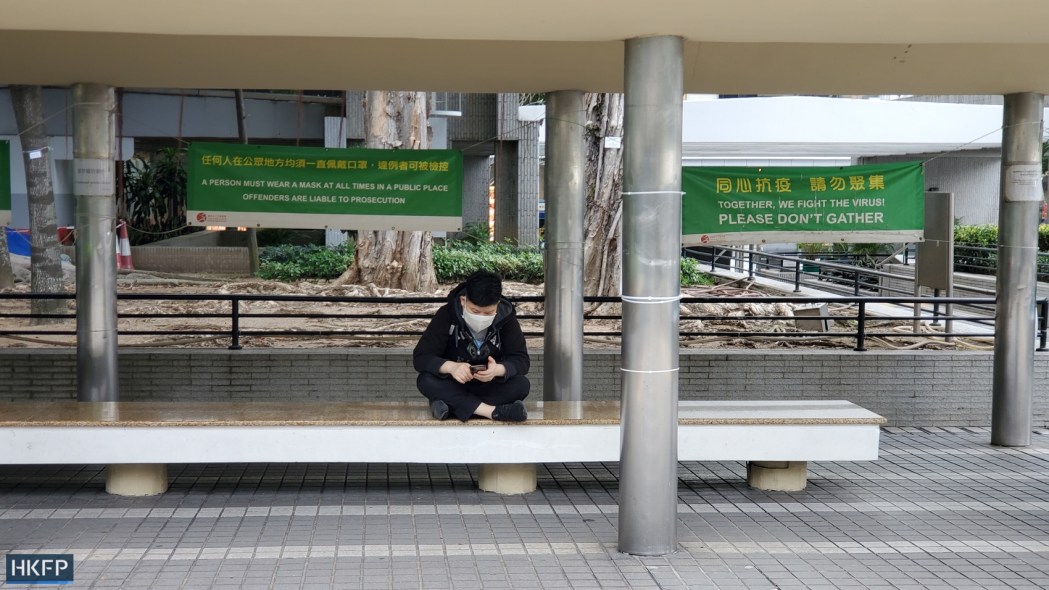
Taking Singapore’s policies as an example, the experts said a fluctuation of infection numbers can be expected, but that the situation would be “manageable.” They added that it is important for the public to get vaccinated, and said the Vaccine Pass scheme – which requires people to be vaccinated against Covid-19 to enter restaurants and other businesses – should stay in place.
Clinical trials for a vaccine targeting the Omicron variant are underway in Hong Kong and the jabs are expected to be available for use by the end of this year, the experts wrote.
Reopen international borders
The scholars also called for the government to prioritise the reopening of the international borders “as the mainland continues its zero covid-19 policy.” Hong Kong’s travel-related Covid-19 restrictions remain among the strictest in the world, with arrivals having to quarantine in a hotel for seven days.
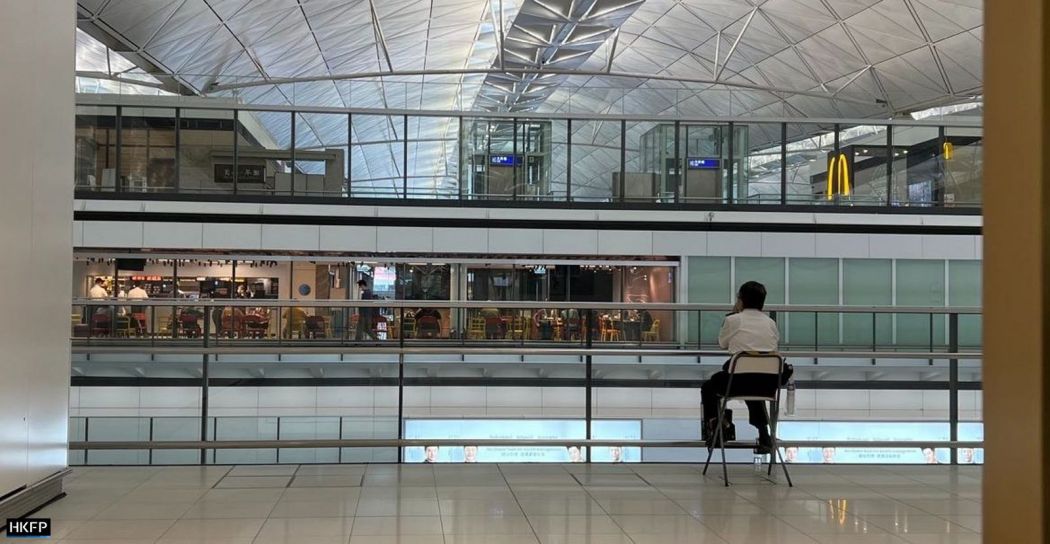
The quarantine period for inbound travellers should be gradually shortened and relaxed to a home quarantine requirement, and eventually be replaced by performing daily Covid tests and wearing a bracelet tracker for a week, the experts said. The status of their contact-tracing LeaveHomeSafe app can be modified such that they are barred from restaurants and bars during those seven days.
The experts said since incoming travellers are required to be fully vaccinated, imported cases do not “make a difference to the local epidemic situation” and travellers are unlikely to burden the city’s hospital system even if they have Covid-19.
Official infected
Director of Environmental Protection Janice Tse tested positive for Covid-19 on Monday and was currently in isolation, the government said. She last went to work last Friday but was masked.
Hong Kong has reported 1,294,336 Covid-19 infections and 9,437 deaths since the beginning of the pandemic.
Support HKFP | Policies & Ethics | Error/typo? | Contact Us | Newsletter | Transparency & Annual Report | Apps
Help safeguard press freedom & keep HKFP free for all readers by supporting our team



